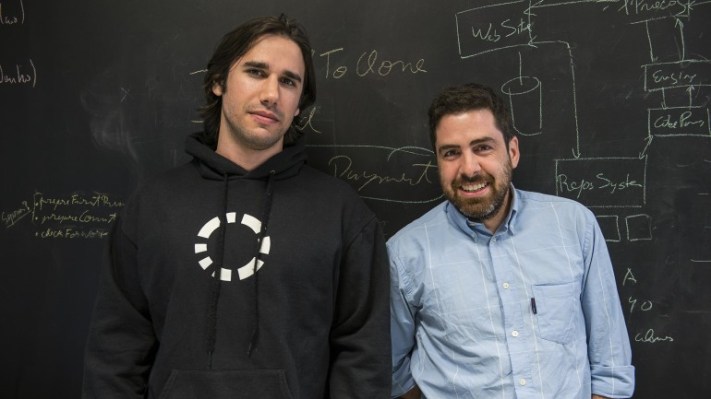Developers spend a lot of time reviewing code (between 20%-50%), even today, when code reviewing can in fact be automated much of the time. Code reviews are described as “technical debt” and some say this ‘debt’ amounts to a trillion dollars globally.
Lisbon-based startup Codacy wants to kill unnecessary code reviews. And to that end it’s now raised €1 million ($1.1m) in a seed extension round, from Caixa Capital with participation from current investors Faber Ventures and E.S. Ventures, Join Capital (their first public investment) and business angels Henrique de Castro (an Ex COO of Yahoo), and other business angels. This brings their total funding to €1.5 million. They are also launching support for two new languages – Ruby and Java.
The news will be a boon to the Lisbon startup scene which recently got a shot in the arm with news that Web Summit will be taking its massive conference there, next year. Furthermore, Codacy won the Web Summit Pitch competition last year.
Co-founders Jaime Jorge and Joao Caxaria often encountered the same issues managing engineering teams at major banks and consulting companies in the UK. They found engineers often weren’t pushing high code quality or if they did, it was at the cost of spending too much time reviewing code.
They found they could automate even more out of the code review process, turned it into a startup and went through the Seedcamp accelerator in London.
Codacy finds new issues in every commit and pull request and reports it back to the developers thus replacing a significant (and growing) part of the manual code review process. They estimate that they can save 20-50% of the code review process.
Codacy is now used by over 8,000 developers worldwide and has found close to 10bn issues in code this year.
Its competitors include CodeClimate, Scrutinizer, and Bithound.
But Codacy is more than a code testing tool, and is closer to an optimization of software development workflow targeted to code reviews. They also support more programming languages: Scala, Java, Ruby, JavaScript, Python, PHP, Coffeescript and CSS
Co-founder Jaime Jorge told me: “We believe the right way to introduce a technology like static analysis, that has been present for decades, is to tightly couple it with the workflow that evolved drastically in the last couple of years. Building code analysis in-house gives us an advantage as we can provide more meaningful results and react faster to the specific needs of programming communities.”
